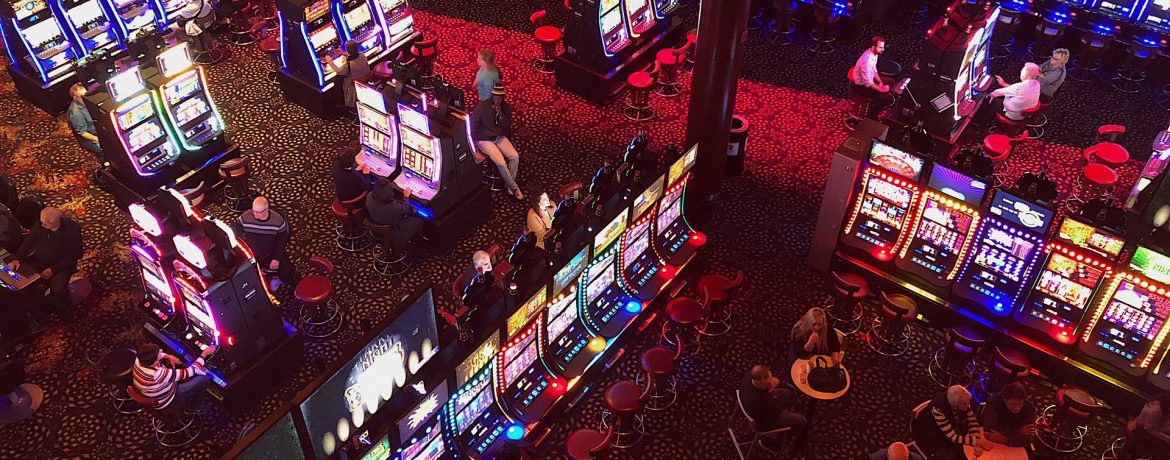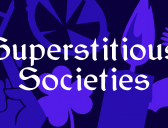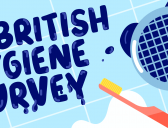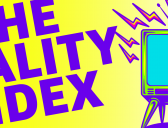British gambling charity GambleAware has pointed out the need for additional support for BAME communities affected by gambling-related harms.
Findings from the organisation found that the adverse effects of gambling impacted a “disproportionate” number of ethnic minority groups in the UK.
GambleAware also said that it would carry out new research next year to gain the full picture on problem gambling’s impact on BAME individuals.
The demand for treatment exists
In a survey carried out in partnership with YouGov, GambleAware found that 74% of BAME problem gamblers would consider getting treatment for their issues. For those who identified as white, this figure stood at 49%.
The same research, which covered 15,162 adults in Britain, also found that one in five BAME adults had suffered from some form of problem gambling. This was 12% for white adults. BAME individuals were also likelier to be classed as problem gamblers – 7%, compared to 2%.
71% of BAME research participants who had suffered from gambling-related harms said that they had used treatment in the past. Just under half (49%) of white problem gamblers said the same.
GambleAware CEO Marc Etches commented on the research’s findings:
“The prevalence of high levels of gambling harms among minority ethnic communities, coupled with the significant demand for access to treatment, support, and advice demonstrates the clear need to further strengthen and improve the existing provisions on offer.
“Services must be flexible, meet the varying needs of individuals, and it is vital they are easy to access for all minority groups. This will require active engagement with communities on the ground to understand their lived experiences, and to design services in accordance with these.”
“This research shines a light”
YouGov Research Director Briony Grunstone commented:
“This research shines a light on the disproportionate impact of gambling harms on BAME communities. It also indicates a particularly high demand for treatment, support, and advice, tailored to these affected groups.
“The survey highlighted that increased awareness of support would motivate at risk gamblers to seek assistance. It is vital, therefore, to highlight the range of different services available, including telephone helplines such as the National Gambling Helpline, to make accessing treatment, advice, and support easier for gamblers from a minority ethnic background.”
GambleAware to conduct additional research in 2021
GambleAware said that the levels of demand revealed by the YouGov research are not reflected by the National Gambling Treatment Service’s 2019/2020 figures. The charity said that the lack of correlation means that BAME problem gamblers probably look for help elsewhere.
To look deeper into bolstering treatment options and availability for affected minority communities, GambleAware will carry out new research next year. This will aim to find out what treatment preferences are, as well as individual needs. The charity will focus on gathering information based on real-life experiences of gambling issues.




